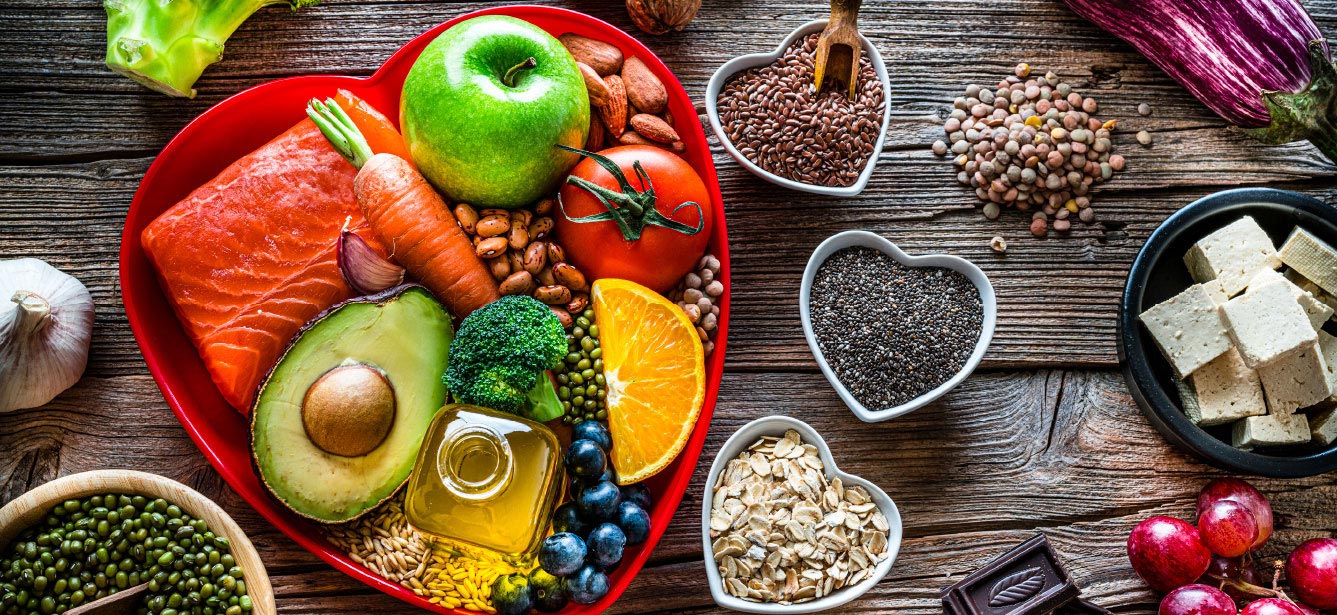A legend eating healthy needs to cost truckloads of money. “You can spend similarly as you do now and end up with a heart-better eating regimen,” says Kerry Stewart, Ed.D., teacher of medication in the cardiology division at Johns Hopkins and overseer of Clinical and Exploration Physiology. It comes down to settling on smarter decisions. Here are a few thoughts for eating better without spending more.
Compare labels
“According to a wellbeing perspective certain foods are less alluring than others at a comparable value,” Stewart says. For instance, various assortments of milk cost generally something similar, however skim milk and 1 percent milk give less saturated fat than 2% milk or entire milk. The equivalent is valid with yogurt. A few yogurts, albeit named “low fat,” are high in calories and sugar, he expresses, so by looking at the Sustenance Realities information on the labels, you can settle on a better decision that is low in both fat and sugar without spending more.
Skip processed foods in boxes and bags
Entire foods will quite often cost not exactly processed assortments, while saving you the additional sodium and sugar that can prompt weight gain, diabetes and heart harm, as indicated by Stewart.
Be aisle-smart
Shop generally from the external aisles of your market. That is where new natural products, vegetables, dairy, fish and meat will quite often be shown.
In the center aisles, search for heart-healthy canned fish, salmon and sardines; frozen unprocessed fish filets; and dried or canned beans (wash them before you cook to lower sodium content). Add beans to meat dishes so you won’t require as much meat — this basic step will lower the expense and your saturated fat admission.
Peer down as well: Frequently the priciest things are retired at eye level, while less expensive store brands are put lower.
Pick what’s in season
When produce is abundant, it will in general cost less, Stewart says. So corn is a superior purchase in summer, while apples are a deal in fall and winter, for instance. The US Branch of Horticulture gives a season-via season rundown of products of the soil.
Consider canned or frozen produce and beans
Stewart says they can pack however many supplements as new produce, and at a decent cost. Search for “low sodium” or “no salt added” on the mark.
Don’t shop when you’re hungry
You’ll be less enticed by unhealthy food and spur of the moment purchases — like those fragrant bread kitchen things and the helpful snacks at the sales register.
Cook more meals at home
Johns Hopkins research shows that individuals who cook meals at home eat better and consume less calories than the people who cook now and again.
Definitions
Saturated fat: A sort of fat found in overflow in margarine, entire milk, frozen yogurt, full-fat cheddar, fatty meats, poultry skin, and palm and coconut oils. Saturated fat raises levels of heart-compromising LDL cholesterol in your circulation system. It can likewise obstruct your body’s capacity to assimilate glucose without any problem. Restricting saturated fat can assist with controlling your gamble for heart illness.
Relevant Content Search:
how much saturated fat per day nz |
heart healthy foods |
cheap heart-healthy meals |
diet cheap |
cheap heart healthy meals |
heart healthy meals on a budget |
saturated fat |
saturated fat examples |
is saturated fat bad |
saturated fat foods |
how much saturated fat per day |
saturated fat vs unsaturated fat |
what is saturated fat |
saturated fat definition |
foods high in saturated fat |
saturated fat good or bad |
trans fat vs saturated fat |
how many grams of saturated fat per day |
is saturated fat good |
foods with saturated fat |
is saturated fat bad for you |
low saturated fat diet |
saturated fat vs trans fat |
unsaturated vs saturated fat |
saturated fat per day |
saturated fat in eggs |




